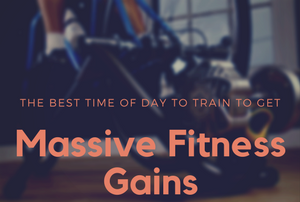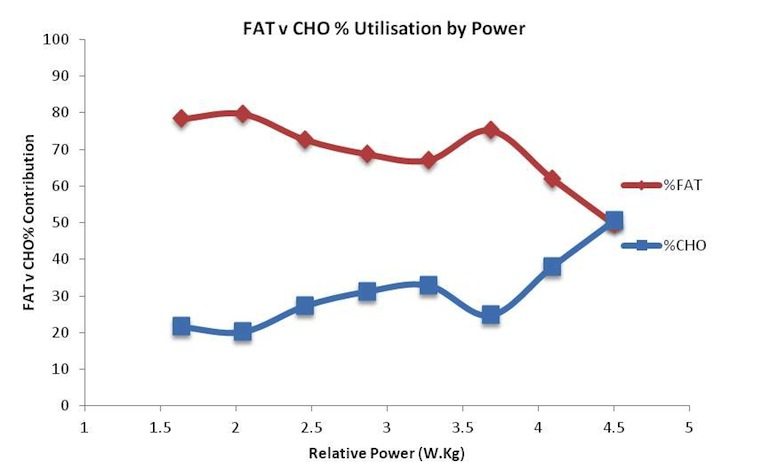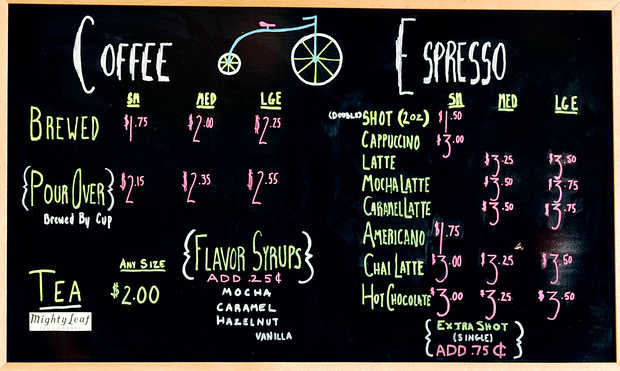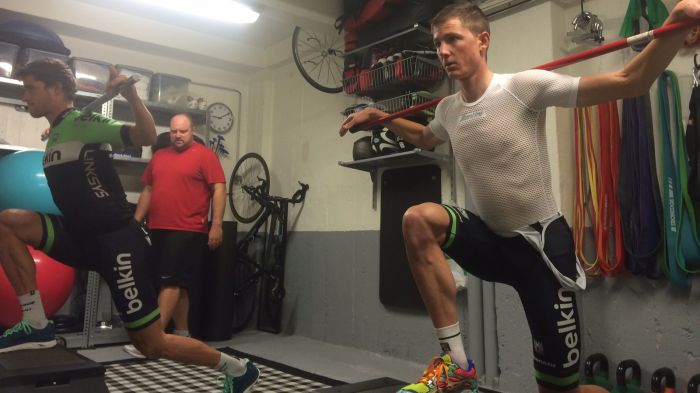
Most people don't think about what time of day they train and how that can affect their fitness gains. In fact, a lot of people simply look at their training plan, jump on their bike and go when they have some free time. And that's fine if you're looking to make some improvements from baseline. But what if you're looking for that extra few percentage points to help get you onto the podium? What if you're pushing for that big century goal and you need to shave off a few more minutes?
If you're a pro, you plan life around training, but if you're a Joe, you plan training around life. When you have to plan training around life, time of day can make a big difference in the fitness gains you see.
On this episode of the Tailwind Coaching Podcast, I'll explain to you how the time of day can affect your training. We'll go over how to determine the best time of day for your body to train and what you gain by figuring that out. You'll also get a few tips and tricks to help you minimize the impact of training off your “peak” time of day.
So if you're ready to biohack your training time and get bigger fitness gains out of the hours you spend on the bike, click through the jump and listen to this episode of the Tailwind Coaching Podcast. Don't forget to share with your friends and rate the podcast on iTunes!
Continue reading “The Best Time Of Day To Train For Massive Fitness Gains”

One of the most efficient ways of kick starting your fat burning metabolism and boosting your cycling fitness is to partake in fasted training. As I've talked about before, your body is designed to utilize the energy substrates that are available to it to meet energy demands. During fasted exercise, there’s a stark limit on the amount of sugar available. There is, however, a huge amount of energy available from fat stores, and you need to train your body to use it effectively.
Similar to how your body will adapt to exercise by getting fitter, your body will adapt to fasted training by increasing the amount of fat it can burn. Fasted training helps to adapt your body to the stresses of hard training and primes you for a “train low, compete high” scenario where you’ll teach your body to be stingy in burning carbs in your typical training but supply it more on race day to ensure it's properly fueled. This will not happen overnight, though. It will take months of work to increase the efficiency of your body’s fat burning machinery, and these fasted training tips will give you a significant edge in that quest.
As you start your fasted training protocols, keep in mind a couple of simple things:
- Always carry some food with you to prevent bonking (and be prepared to eat after an hour of hard riding)
- If you’re not feeling well or having an off day, skip the fasted training and eat something. You can always go back to it later in the week.
- Pay careful attention to your body: if you start to bonk badly or repeatedly, back down and rest a bit, and be sure to eat.
Bearing those “safety” concepts in mind, click through the jump to learn how to add fasted training to your cycling program.
Continue reading “Boost Cycling Fitness and Shred Fat with Fasted Training”

From days gone by when Tour de France cyclists relied on the caffeine as a performance enhancer to the current day “coffee shop ride”, coffee and bikes have been an inseparable pair. Cyclists have long had a love of coffee both for the taste, the performance benefits and the social interaction involved with a cup of joe. Pre-ride, post-ride or mid-ride, so much of the sport revolves around coffee and the caffeine within.
But why?
Is it because cycling is traditionally a European sport, and Europeans themselves have a love affair with the coffee bean? Or does it have something to do with the warming feeling of a cup of joe before an early morning slog? Maybe some love the performance enhancing effects of caffeine? Is social interaction a primary motivator?
Maybe it's one of those reasons.
Maybe it's just a little more intangible than any of those.
Click through the jump for some info on the performance enhancing effects of caffeine and why coffee and bikes belong together.
Continue reading “The Relationship Between Caffeine, Coffee and Bikes”

Is it possible that the quintessential coffee shop ride has more to do with performance than it does social togetherness? In some studies, it's been shown that the caffeine in a cup of coffee may be a difference maker in terms of performance while riding a bike. But some difference of opinion remains when discussing how soon after ingestion do the performance effects of caffeine actually take effect. When should you drink that espresso? When should you have that morning cup of coffee when you're going out for a training ride?
In this short Periscope videocast, I'll talk about the performance effects of caffeine on your cycling performance. I'll also touch on what is the optimal timing is for getting your caffeine fix and what the quickest method of getting your caffeine into your blood is. I'll also answer a couple of questions from listeners who were online at the time, giving you a couple of other tidbits on coffee and caffeine.
Don't forget to like/share and comment!

It's no secret that cycling requires strength: leg strength, arm and shoulder girdle strength and core strength (and stability) are often overlooked parts of cycling prowess. I've personally seen the benefits of combining moderate strength training with cycling, and I've seen clients, athletes and patients benefit greatly from increased strength.
“But cycling is and aerobic sport” I hear you cry. You're 100% right, cycling (aside from track sprinting) is predicated on aerobic conditioning and capacity. However, no sport can exist in a strength vacuum;, and cycling is no exception; lack of strength (especially functional strength) is a short road to injury and underperformance. Your body needs strength and stability to be able to efficiently utilize its aerobic capacity. The problem with strength and stability is that it's exactly like your aerobic capacity in the idea that if you don't use it you lose it. I've talked about strength training and building strength in weightlifting for cyclists part 1 and part 2, and detailed in my Raw Strength Modular training plan, but an important part of strength training is maintaining the gains made during those winter sessions. That can be tough for a couple reasons, which I'll explore in today's podcast.
Click through for the show notes and learn how to maintain those winter strength gains through the year and set yourself up for even bigger gains next year.
Continue reading “Maintaining Strength Gains During The Season (Podcast #60)”




